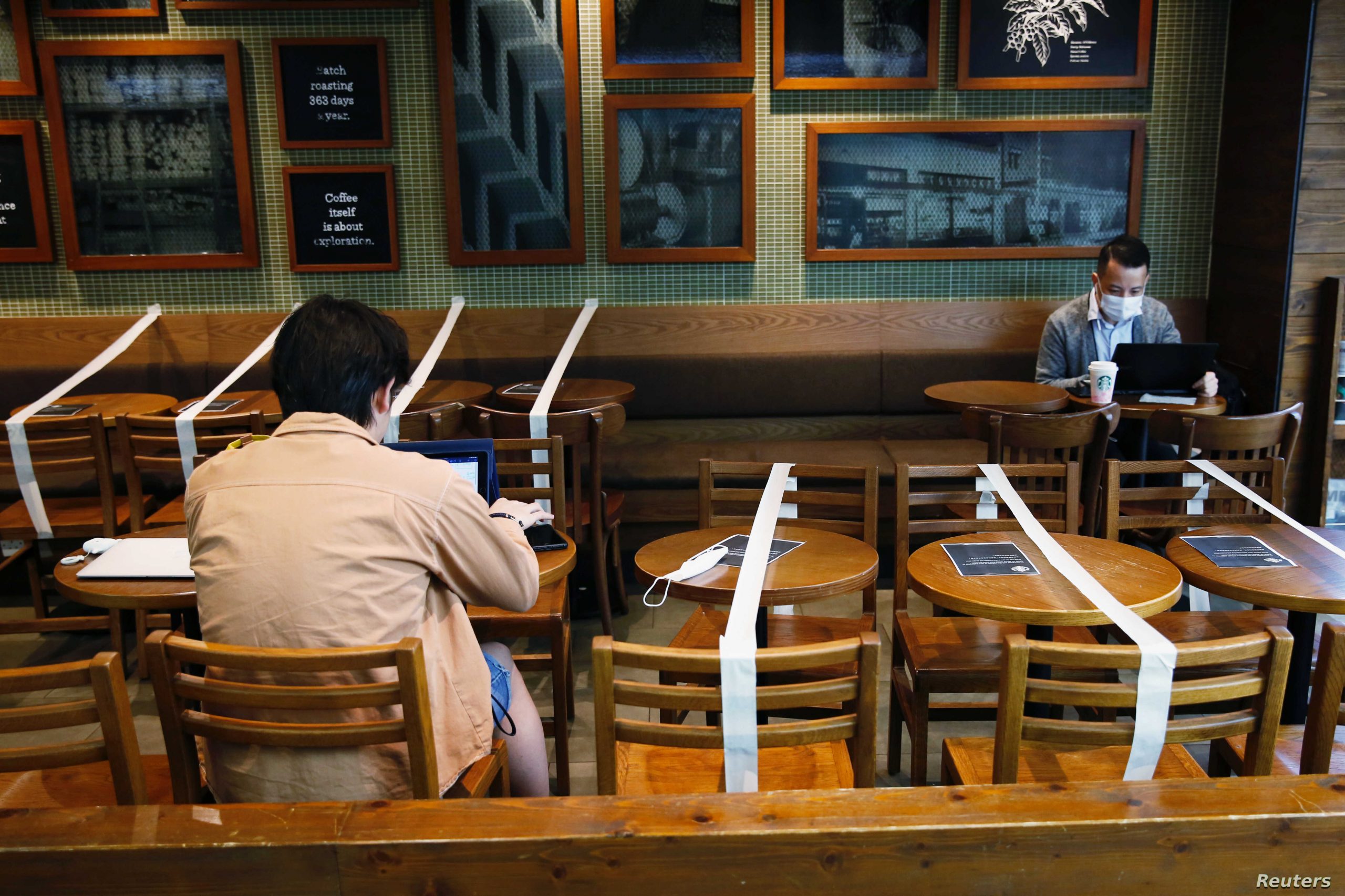When government officials order certain types to business to close or to operate only at no more than 25 or 50 percent of capacity, those orders in many cases are tantamount to a death sentence, because many businesses cannot afford to close completely for an indefinite period or to operate far below capacity. The permanent closures of small businesses entail unemployment for many employees and a loss of investment for owners, many of whom worked and saved for years in order to go into business for themselves.
The mandates are arbitrary — of course they are arbitrary when made by mayors, governors, and a handful of their flunkies and subordinate bureaucrats — and they are cruel. They impose a one-size-fits-all policy on a situation that has tremendous variance of conditions from one business to another. They are tyrannical: the politicians who impose them will bear no responsibility for the suffering, losses, and dashed hopes of those they lock down.
If these measures were the best options available for dealing with the epidemic, they would be more defensible, but they are not. Letting individuals craft their actions to their own individual resources, knowledge, and risk preferences — here as everywhere — would offer a much better promise of general optimality, except for the rulers, of course, who eagerly exploit the situation for their own personal political benefit.




